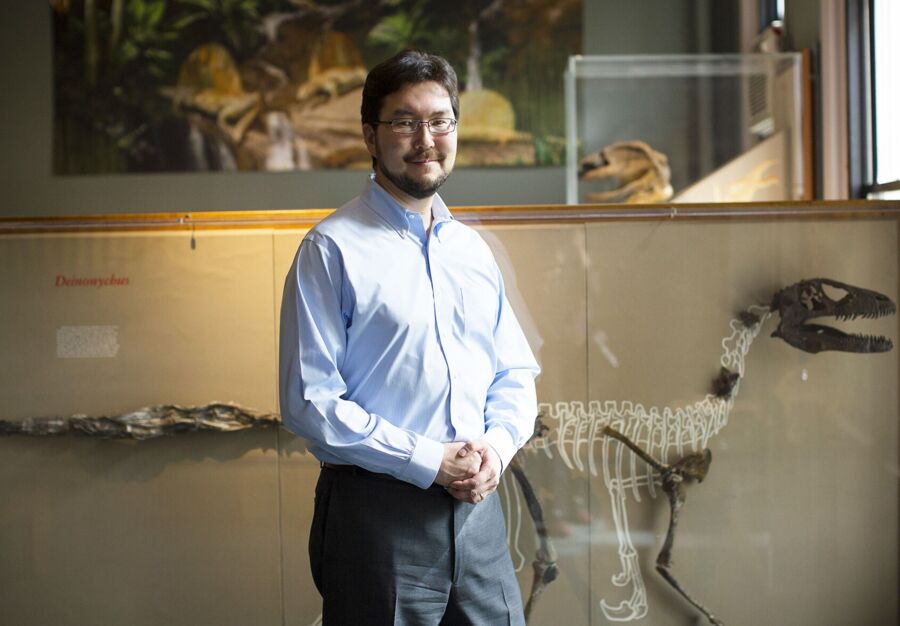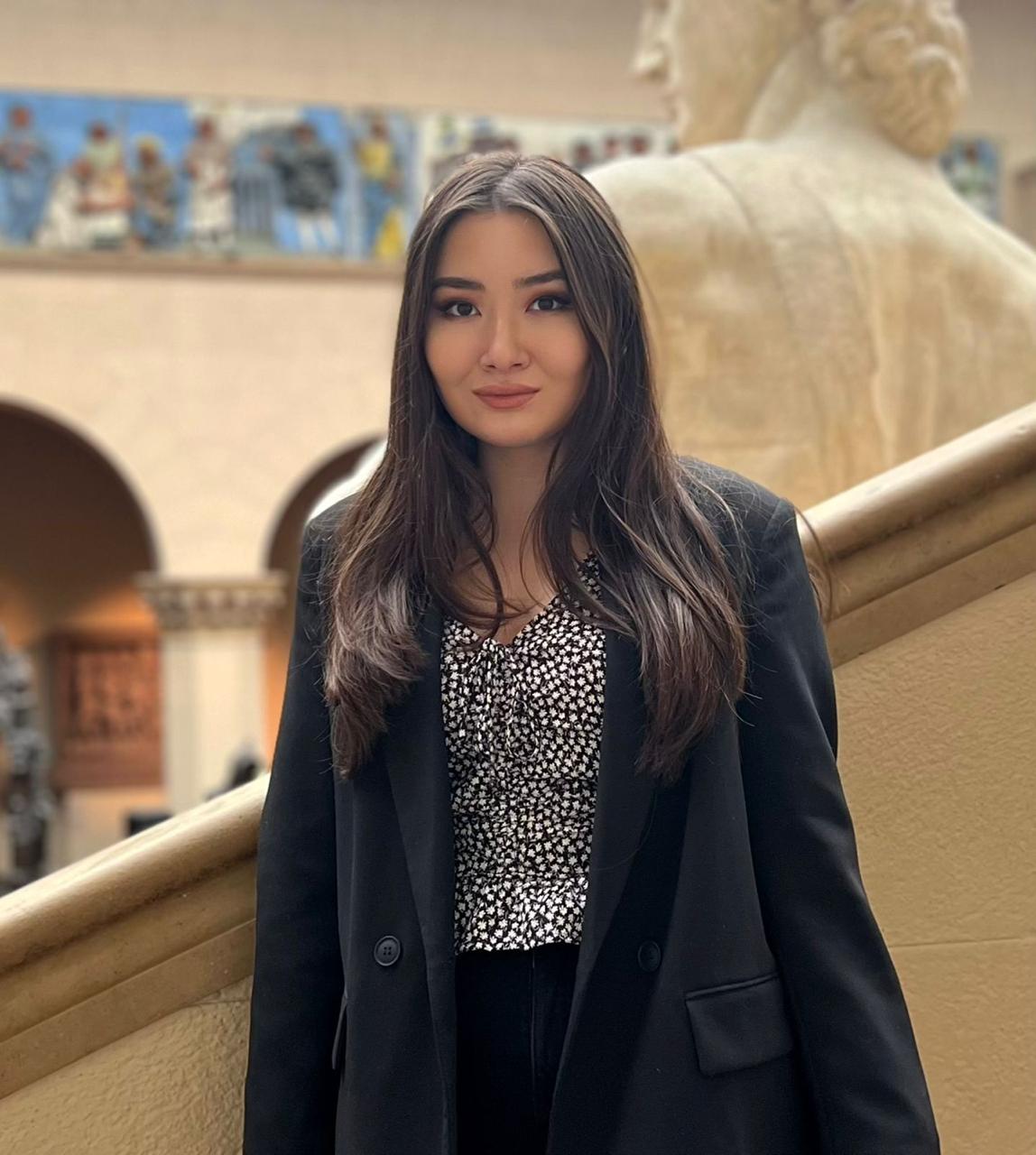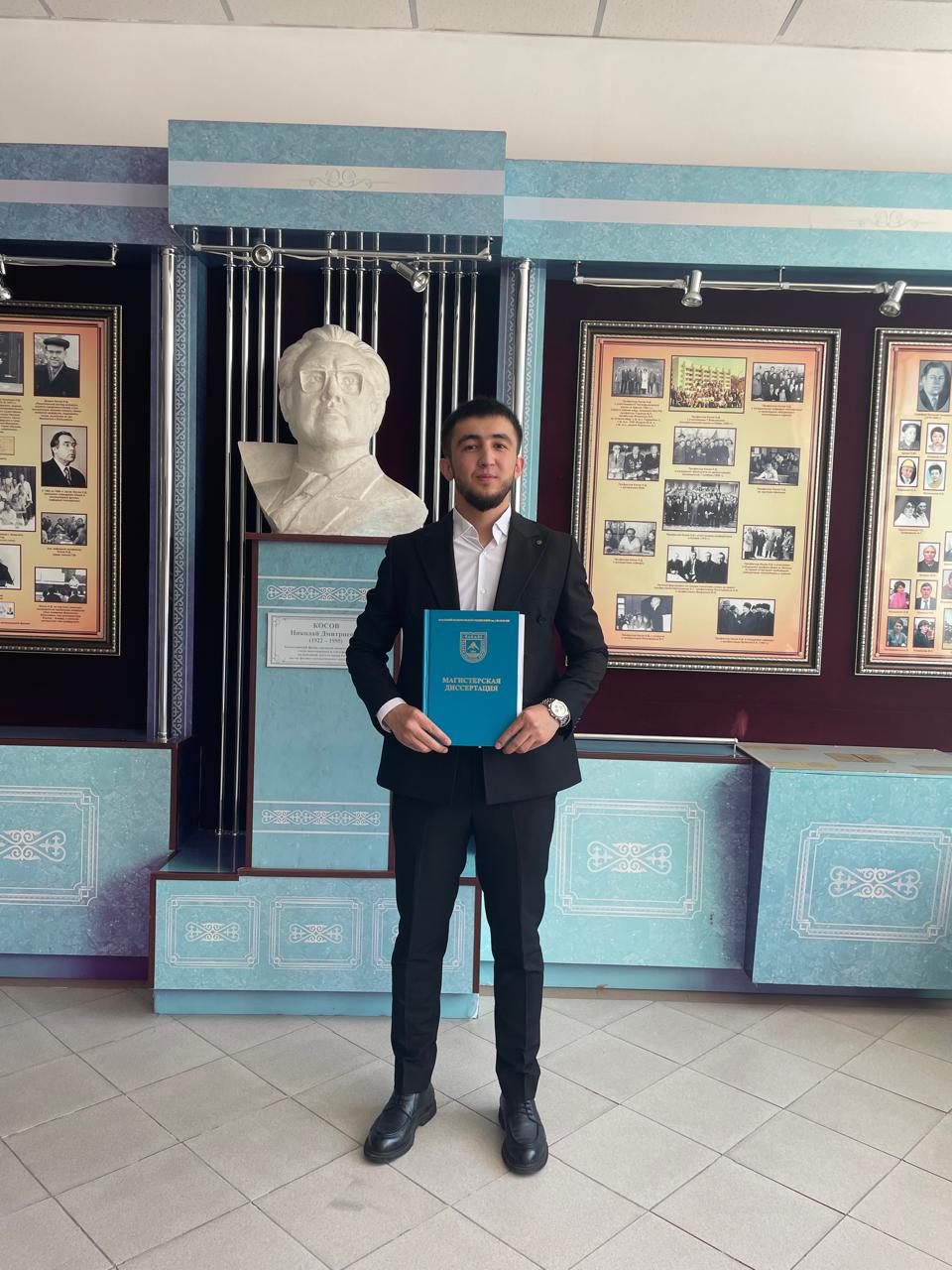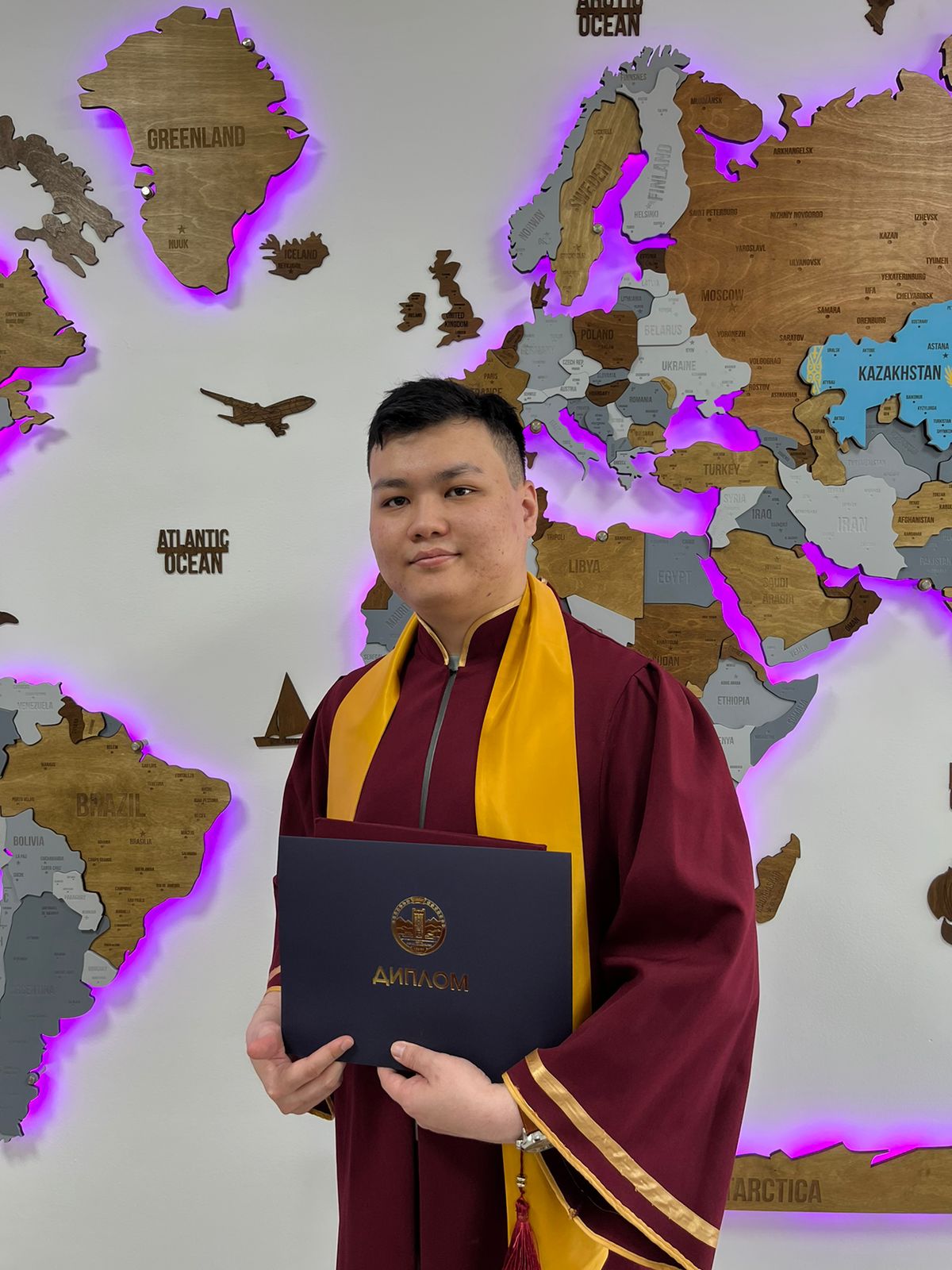
Arhat Abzhanov, an alumnus of the Faculty of Biology at KazNU, graduated in 1994 before pursuing and earning his PhD in Molecular, Cellular, and Developmental Biology from Harvard University. Currently, he serves as an Associate Professor and heads a laboratory at the same institution. Arhat's journey into the sciences began in 1990 when he joined KazGU's Faculty of Biology as a third-year student, quickly developing a passion for molecular biology and genetics. This passion led to his recruitment into the Laboratory of Molecular Genetics at the Department of Genetics and Molecular Biology, directed by Academician R.I. Bersimbay of the National Academy of Sciences of Kazakhstan.
Arhat's proficiency in English and the solid foundational knowledge he acquired at KazGU enabled him to secure a place in a PhD program at Indiana University during his fourth year despite lacking a formal degree. His successful completion of the entrance exam allowed him to join the program diploma-less. He excelled in all his exams, and alongside his diploma from Kazakh State University, he also earned a bachelor's degree from Indiana University.
While at Indiana University, Arhat's research interests gravitated towards evolutionary biology and animal development, leading him to work in Dr. Thomas Kaufman's laboratory at the Biology Department and the Howard Hughes Medical Institute. His research focused on insect development and evolutionary changes. Arhat gained insights into the functioning of these genes and nature's genetic control over development by studying developmental genes that dictate organismal development. His comparisons of developmental programs across species illuminated how developmental pathways have evolved, contributing to the emergence of new species.
Arhat dedicated five years to his doctoral studies at the same university, culminating in his doctoral dissertation and attaining his PhD in molecular, cellular, and developmental biology. Post-PhD, he furthered his research in developmental genetics in Dr. Clifford Tabin's laboratory at the Department of Genetics at Harvard Medical School, where he completed a postdoctoral program. His career also included a tenure at the Department of Developmental Biology at the Harvard School of Dentistry, continuing his exploration and contribution to the field.
Arhat Abzhanov is a distinguished scientist renowned for his contributions to the field of biology, evidenced by his publications in esteemed journals such as "Evolution," "BMC Genomics," "Proceedings of the National Academy of Sciences," "Trends in Genetics," "Development," "Developmental Biology," and "Evolution and Development." He is an active member of several prestigious scientific societies, including the Society for Developmental Biology (SDB), the American Association for the Advancement of Science (AAAS), the Society for Integrative and Comparative Biology (SICB), the Canadian Society of Zoologists (CSZ), and the International Society of Vertebrate Morphology (ISVM). As a professor at Harvard University, Abzhanov is deeply invested in education, offering courses in evolutionary biology, animal developmental genetics, medical genetics, and experimental genetics, among others.
Abzhanov has resided in the United States for nearly two decades with his family, maintaining a solid connection with his alma mater, KazNU. He frequently returns to the Faculty of Biology and Biotechnology as a visiting foreign professor to deliver lectures. His presentations are consistently well-received by colleagues and students, a testament to the pioneering research conducted in his laboratory, which remains at the forefront of biological science.
Arhat Abzhanov and his team are delving into the molecular evolution mechanisms in vertebrates, including reptiles, birds, and mammals. Their research focuses on genes crucial for biological development and mutations that introduce new characteristics, such as wings, legs, and eyes. Leveraging advanced technologies, they aim to manipulate gene activity to mimic natural mutations and examine their outcomes. Furthermore, their work extends to studying the genetic foundations of various diseases, adopting a biomedical approach to understanding these changes.
As the leader of a research group specialising in organism biology and evolutionary biology at Harvard, Professor Abzhanov's interests include the evolutionary development of craniofacial structures in vertebrates. By employing molecular and cellular biology methods alongside developmental genetics, his research seeks to unravel the evolutionary mechanisms that influence skeletal differentiation in cranial brain cells. This line of inquiry is crucial for comprehending congenital human diseases.
In 2006, Professor Abzhanov and his colleagues embarked on a project to explore the genetic mechanisms behind the variations in the size and shape of the beaks of Darwin's finches, identifying a molecule that regulates beak length. This discovery led to the project being recognised as one of the top ten breakthroughs of the year by the journal Science.
His research team is studying various organisms, including chicken embryos, mutant mice, Darwin's finches from the Caribbean Islands, and reptiles. Their methodology encompasses a three-fold strategy: 1) Detecting changes and utilising 3D visualisation techniques for quantitative morphological variation assessment; 2) Identifying potential genetic mechanisms of development through real-time trait observation, mapping essential quantitative trait genes, and employing microarray and deep RNA sequencing; 3) Investigating candidate genes linked to proposed developmental mechanisms using techniques like tissue manipulation and embryo transgenesis with molecular vectors. This comprehensive approach facilitates a deeper understanding of evolutionary biology and its applications in medical genetics.
Other news



